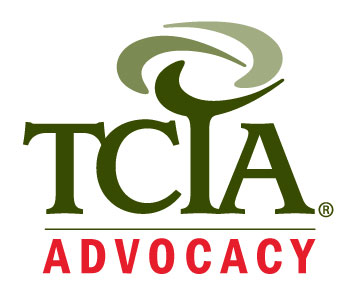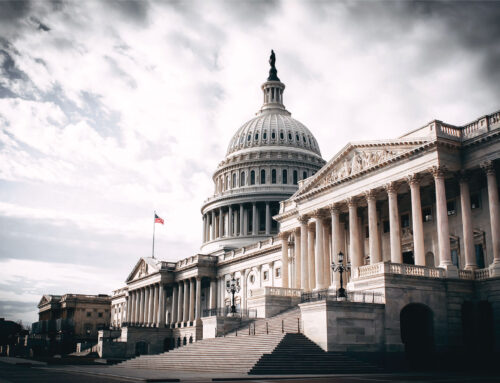Recent TPS Developments
On June 20, the Department of Homeland Security (DHS) U.S. Citizenship and Immigration Services (USCIS) announced the extension of Temporary Protected Status (TPS) for workers from El Salvador, Honduras, Nepal, and Nicaragua. This development is the culmination of a lengthy litigation process, which began when the DHS revoked the TPS designation from the aforementioned countries in 2017 and then again in 2018. Although the original revocations threatened the designees’ status, a preliminary injunction allowed TPS holders to remain in the country for the duration of the legal challenge. However, this temporary relief was neither permanent nor codified and solely protected their ability to remain in the United States while the legality of the recessions was being challenged.
The recent extension secures the affected countries’ TPS designations for an additional 18 months and puts an end to the litigation and accompanying uncertainty. Specifically, the extensions are only available to existing TPS beneficiaries, who must re-register in order to retain their status and benefit from the recent extensions.
Specific timelines for each country can be found below:
Current TPS beneficiaries from El Salvador must re-register in order to retain TPS designation until March 9, 2025. The period for re-registration begins on July 12, 2023, and continues through September 10, 2023.
Current TPS beneficiaries from Honduras must re-register in order to retain TPS designation until July 5, 2025. The period for re-registration begins on November 6, 2023, and continues through January 5, 2023.
Current TPS beneficiaries from Nepal must re-register in order to retain TPS designation until June 24, 2025. The period for re-registration begins on July 12, 2023, and continues through September 10, 2023.
Current TPS beneficiaries from Nicaragua must re-register in order to retain TPS designation until March 9, 2025. The period for re-registration begins on November 6, 2023, and continues through January 5, 2024.
About TPS and its Benefits
The Secretary of Homeland Security has the authority to grant Temporary Protected Status (TPS) to countries experiencing ongoing armed conflict, environmental disasters, or extraordinary and temporary conditions. When a country is designated for TPS, foreign nationals from those countries who are in the United States when the designation is granted, must apply for and pay significant fees in order to be eligible to receive a temporary stay of deportation and temporary work authorization while their home country maintains its TPS designation which are made for periods of 6 to 18 months. While these designations are temporary, the Secretary of Homeland Security has the discretion to renew the status of a TPS-designated country if the abovementioned conditions persist. For example, Honduras and Nicaragua were the first to receive TPS designations and have maintained their status since 1998; El Salvador since 2001; and Haiti since 2011.
As a result, thousands of workers with TPS status have resided in the United States for years or even decades and become instrumental to their workplaces and communities—contributing millions of dollars in federal, state, and local taxes each year. Given the longstanding challenges the tree care industry has faced in finding workers, many of TCIA’s members have hired workers here in the United States on TPS who have gone on to establish successful careers in the industry despite the uncertainty associated with their temporary designations. To provide TPS workers and their employers with needed stability and predictability, TCIA has long called on Congress to pass comprehensive immigration reform. To learn more about TCIA’s advocacy efforts, visit our website.



